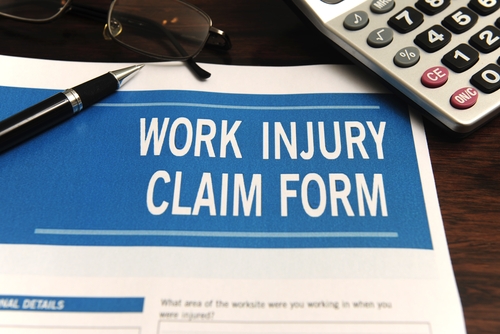
Depending on the state in which your business operates, your requirements for workers’ compensation systems can vary. This is one reason why understanding the basics of Workers’ Compensation Insurance is so important to business owners when purchasing coverage for their company and their employees.
As an employer, you are legally obligated to assure that your place of work is safe for your clients as well as your employees. However, since accidents can occur even in the safest workplace, having workers compensation can provide coverage and alleviate you of meeting financial responsibilities out of your own pocket. Workers compensation ensure that employees that accrue injuries receive proper medical attention, while also providing them pay for missed work that results in a loss of income. One major benefit to this coverage is that your employees receive these benefits regardless of who is at fault for the incident or accident.
While many small businesses operate within a single state, your system requirements can change if your company grows and employees are working somewhere else. Also be sure to stay on top of regulations should you expand your company.
Many injuries that are claimed are accidents that occur when working, but workers comp extends coverage to injuries that happen due to in-office violence or when a natural disaster strikes. Additionally, traffic accidents that result in injury when an employee is operating a vehicle for work are covered.
Your commercial insurance provider likely doesn’t include this coverage in a basic policy, as it generally must be purchased separately. States regulate who can provide workers comp, and some may even have a state insurer.
One factor that affects the amount of coverage you must purchase for employees is the industry you are in as well as how much employees are being paid. If you operate a business that is more likely to file a claim because employees are performing more dangerous tasks for work, your premiums will likely be higher in comparison to a job that doesn’t require physical labor. Additionally, some areas that are more prone to natural disasters can also be home to higher rates for workers compensation, though the difference is not often significant.
Should any incident take place in your workspace or to your employee, you are responsible for properly documenting the event and keeping it in an employees file. As with any insurance claim, employers must file claims in a timely manner, while immediate medical treatment should be sought out when needed.